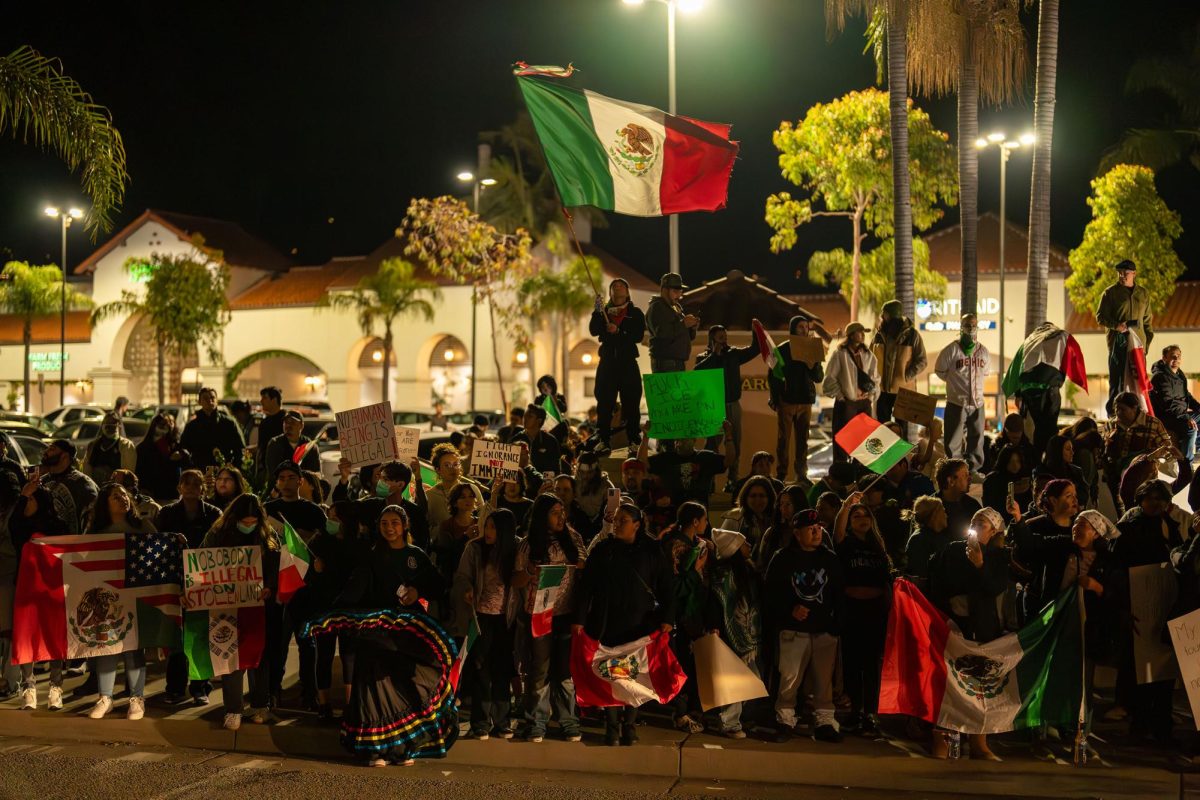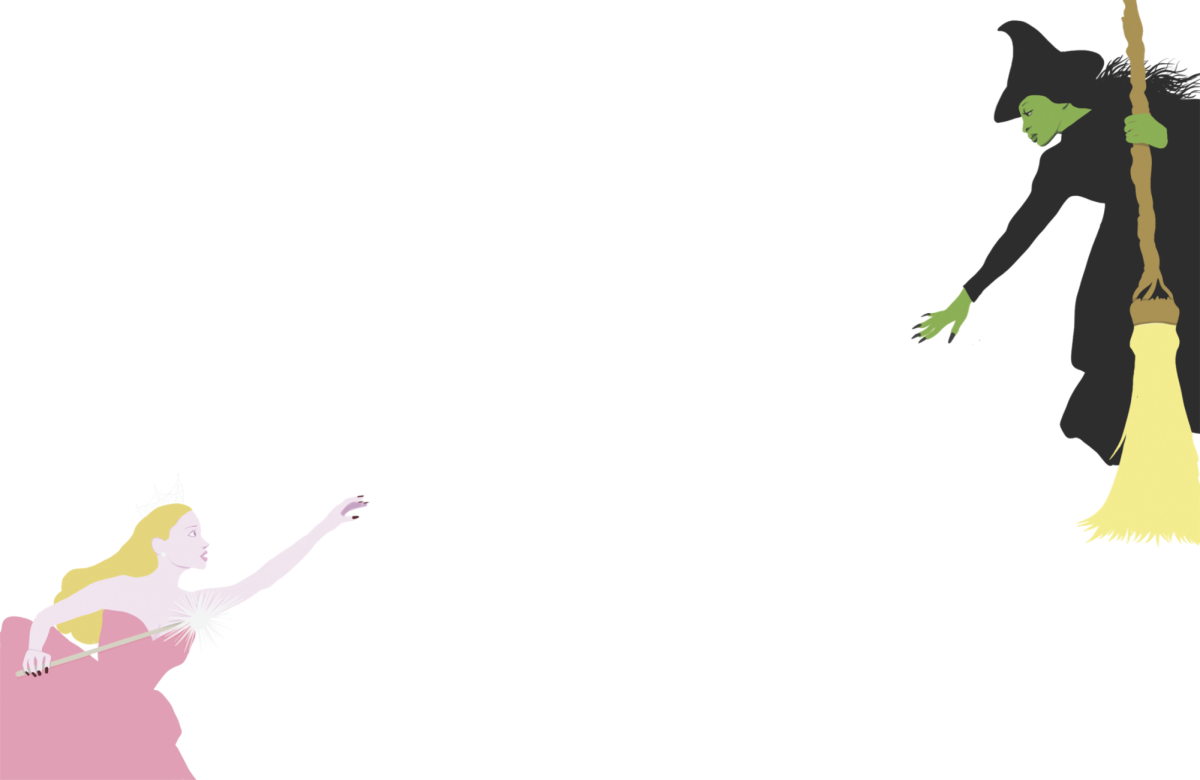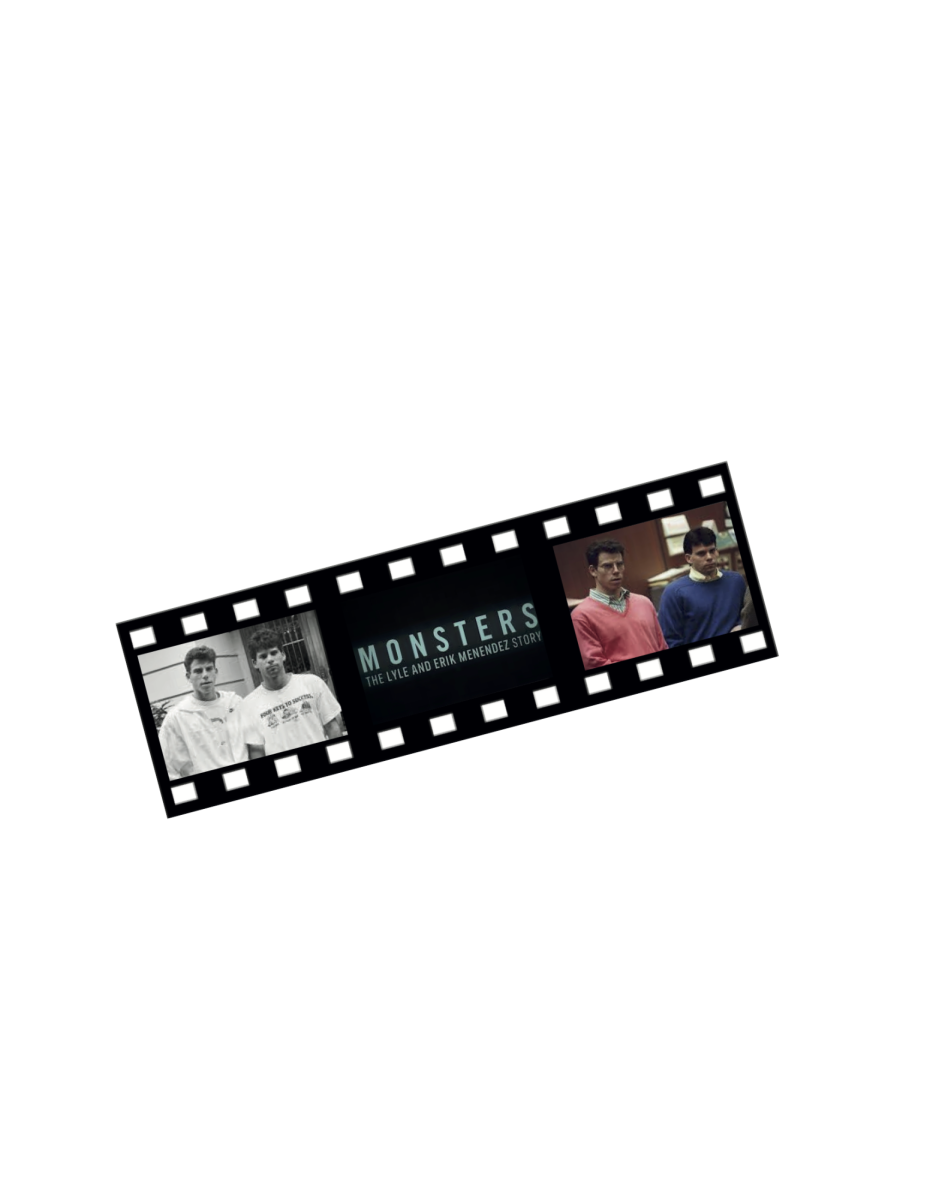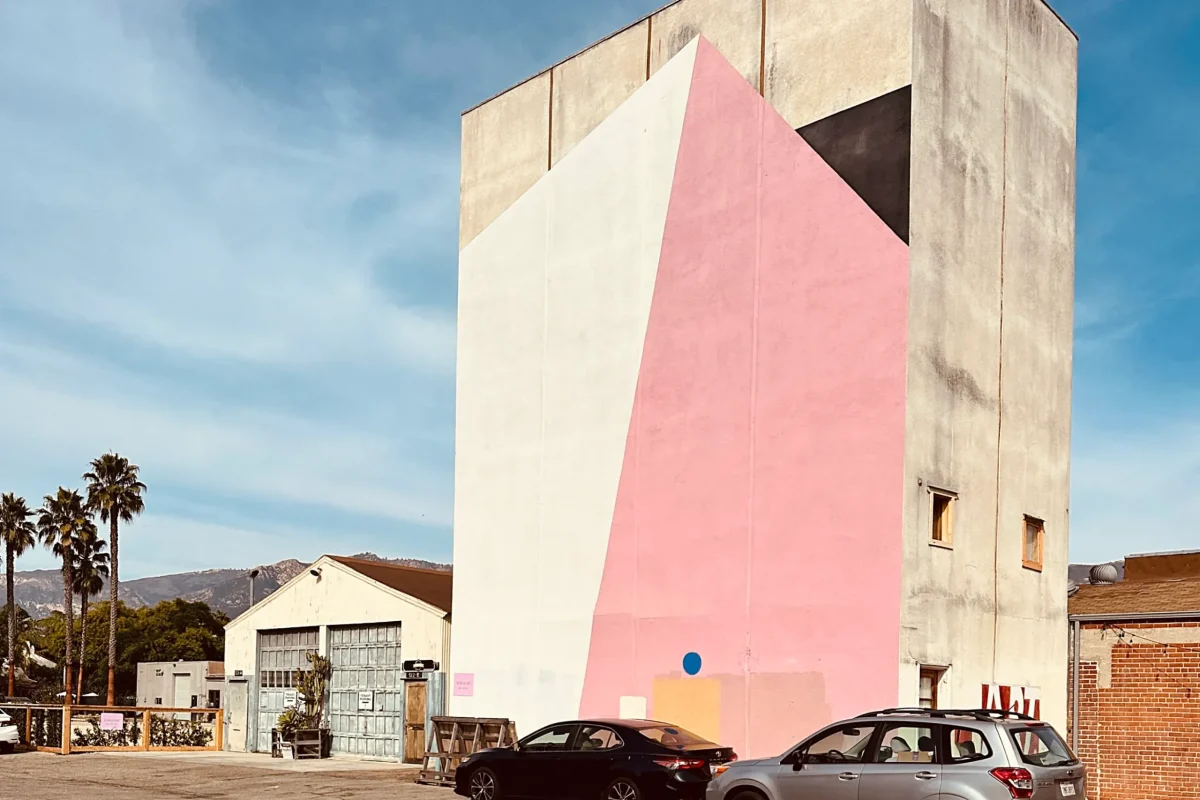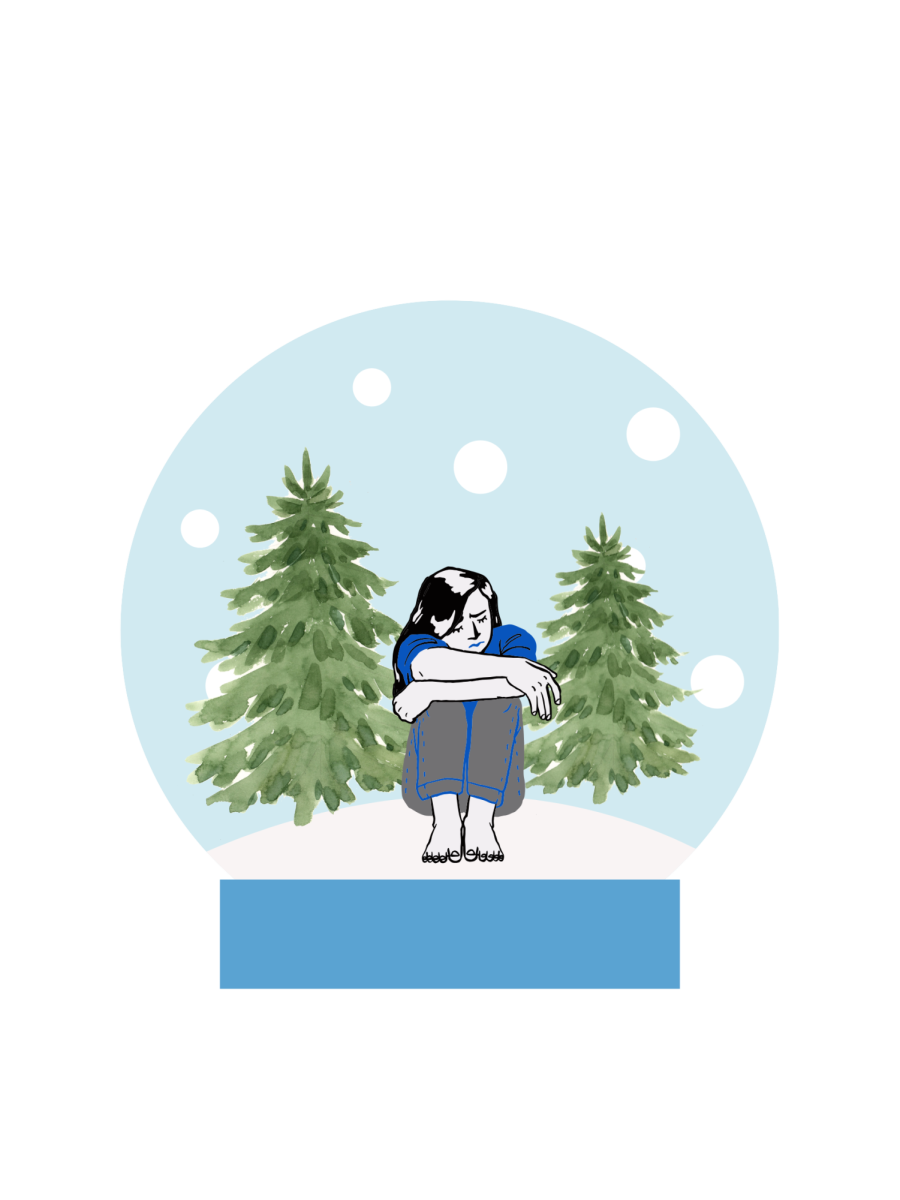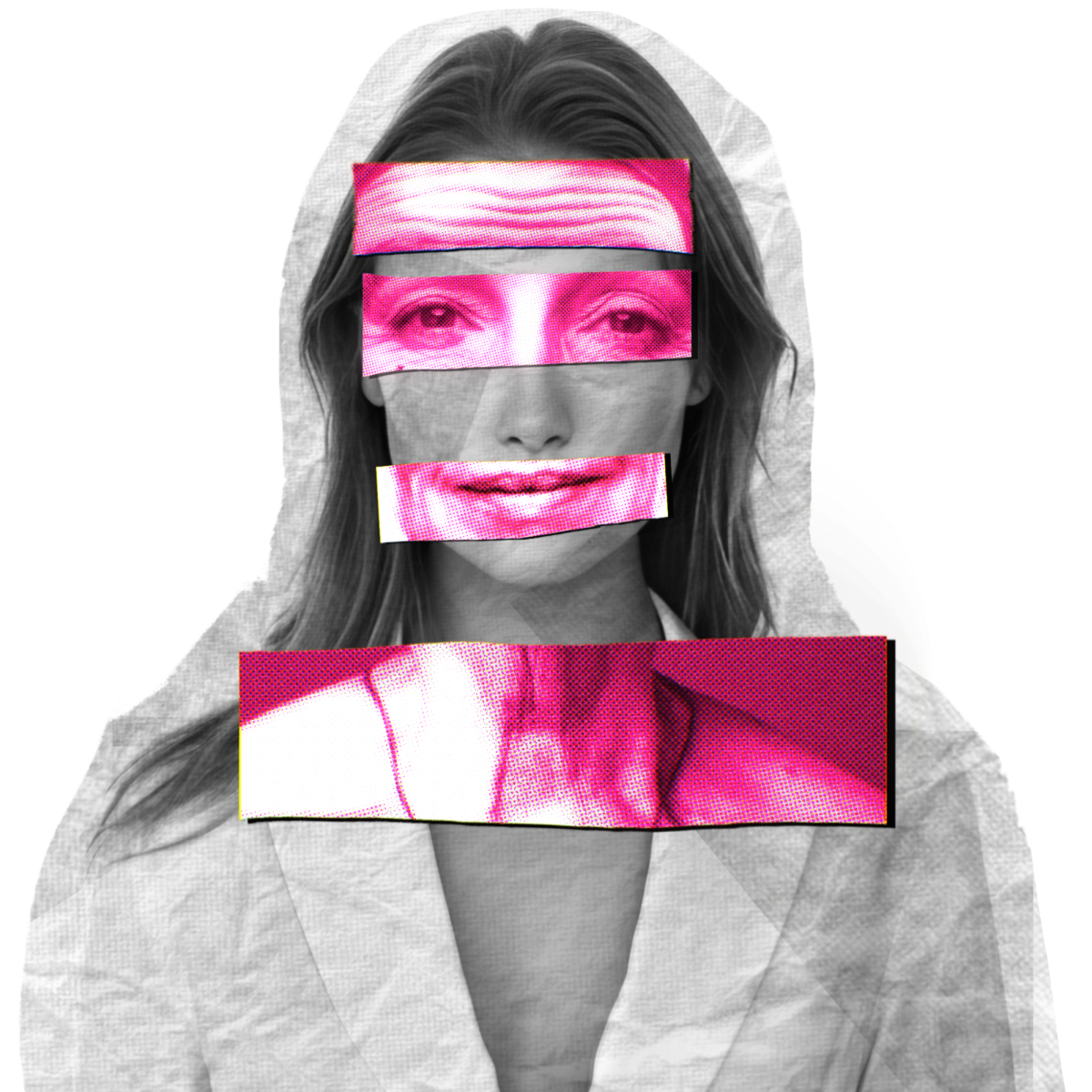Walking through the isles of books with fictional tales, non-fiction works, stories, biographies, picture books, and rows of games and creative opportunities is an extremely nostalgic memory for students nation-wide. This is known as the annual Scholastic Book Fair, beloved since 1981 as an opportunity for young students to explore genres and take home new books of a wide range.
Hosted by elementary schools, these fairs are run by volunteer parents, teachers, and librarians with a unified goal of raising money for the school to earn Scholastic Dollars, and of course for the children to expand their curiosity and access to literature.
However, upon recent restrictive curriculum laws, there are threats to the books offered, and the fairs as well. As 37 states are continuing to implement book bans, the censorship in literature is hurting millions of students. These bans collide with the access of books among the Scholastic Book Fair selections.
The Scholastic company announced plans for a special catalog, called “Share Every Story, Celebrate Every Voice” which categorizes seemingly “diverse” books in a separate section from all the other books planned to into effect in January next year for the 120,000 annual fairs. This catalog includes 64 titles, some of the books even being about important historical events, like the autobiography “I Am Ruby Bridges,” about the first African-American experience in a white school in 1960.
This catalog both highlights racial and LGBTQ+ themes whilst separating them in a damaging way. A motive for creating this category was to abide by book bans in states such as Florida so that the book fair could continue without breaking the bans–and therefore leave it up to schools to determine wether the catalog is accessible or not. This put pressure on Scholastic, wether to create this catalog or not include some of the books at all in their selection. Without the “Share Every Story, Celebrate Every Voice” catalog, teachers and librarians are liable for including books if they go against restrictions. There could be removals of the Book Fairs if the content does not adhere to the restrictive curriculum regulations.
The announcement of the catalog received extreme backlash: declaring that the separation incites self-censorship of content and hurts the obligation to actually share every story of diversity equally. Nevertheless, some books in the general Scholasic fair list include books with representation.
Scholastic publishers sent out a press apology for their catalog announcement, and the nation continues to wonder how best to go about either adhering to restrictive curriculum laws or risking going against them: maybe there are better ways for Scholastic to alter their organization. Diverse books should constitutionally be accessible to all: and at the end of the day, it falls on students and parents to actually choose books and buy them–it is in their liberty to decide what themes they are learning about. This Scholastic debacle is a slice from the bigger problem of governmental implications and censorship in the education system.
Scholastic Book Fair Censorship
The posed Scholastic catalog, “Share Every Story, Celebrate Every Voice,” received backlash for subjection to restrictive curriculum laws.
November 6, 2023
0
Donate to The Fourth Estate
$50
$500
Contributed
Our Goal
Your donation will support the student journalists of Laguna Blanca School. Your contribution will allow us to purchase equipment and cover our annual website hosting costs.
More to Discover
About the Contributor

Milla Hirsch, Opinion Editor, Social Media Editor
In her fourth year on the staff, Milla is the Opinion Editor and Social Media Manager. After creating her own fashion column “á la mode” for three years, she is now focusing more on writing human-interest stories in News, Opinion, and Arts and Entertainment, and helping new staff members learn the ropes. Outside of school, she savors time with family and friends and loves scooping ice cream at Rori’s!
